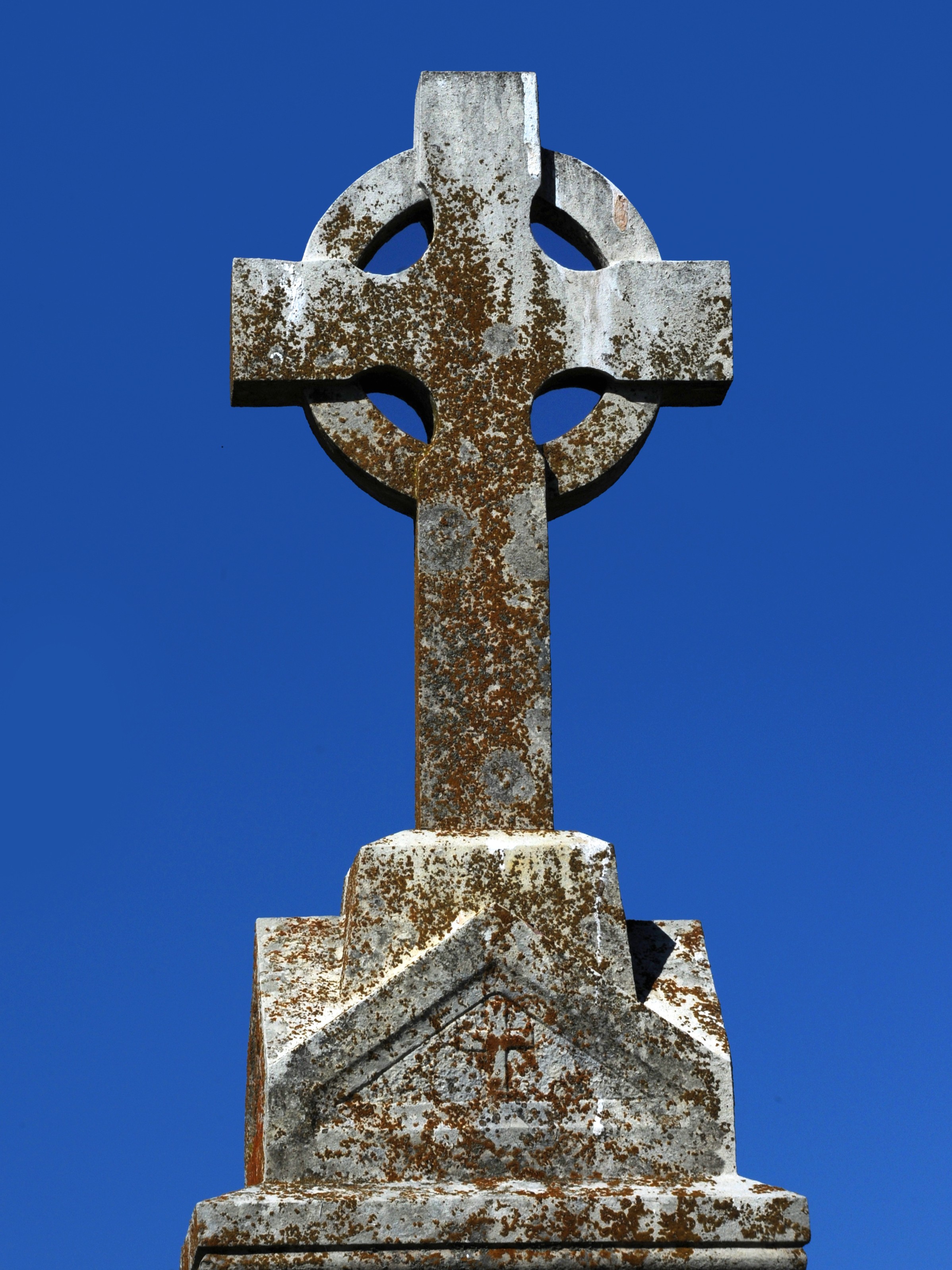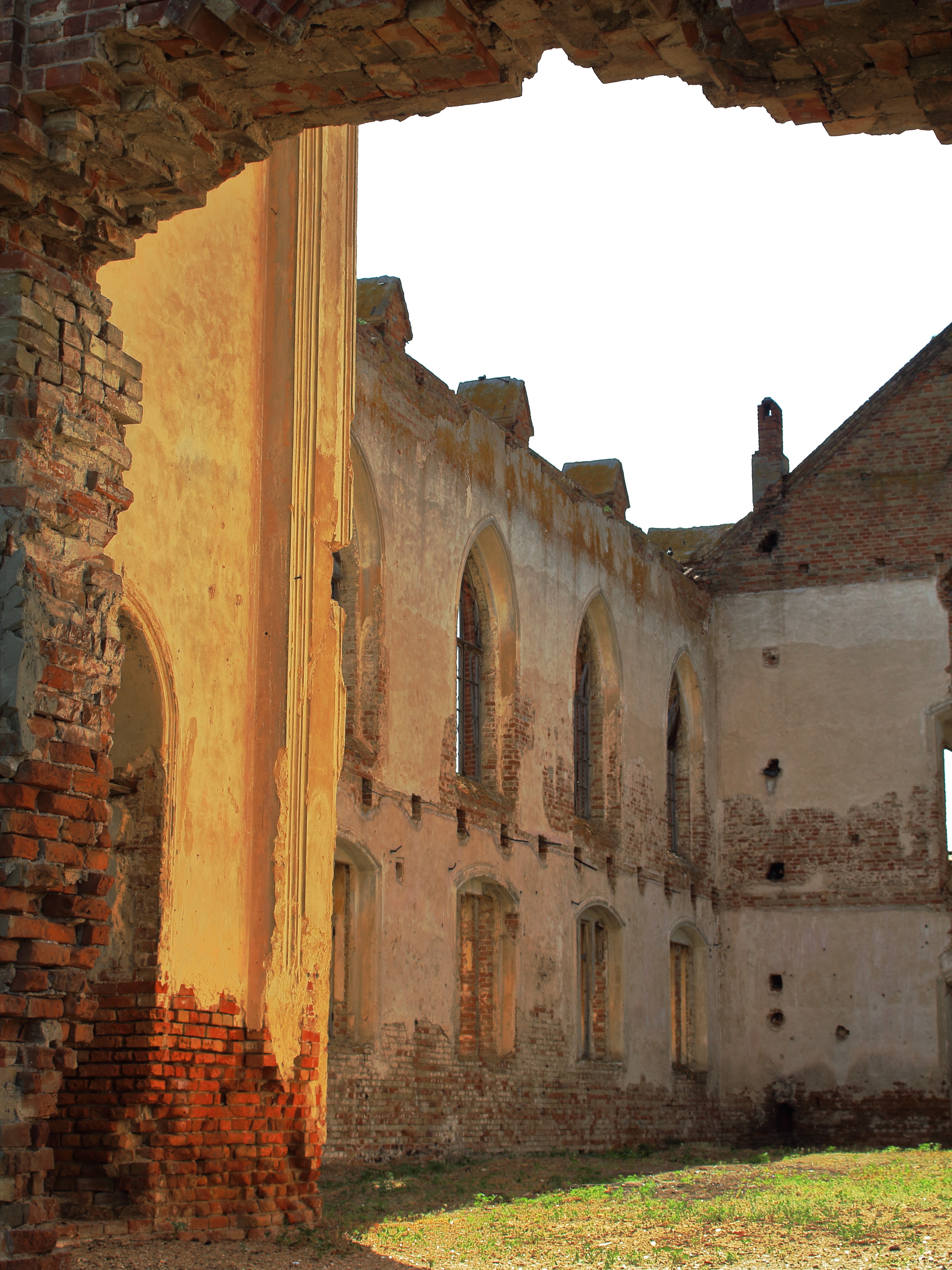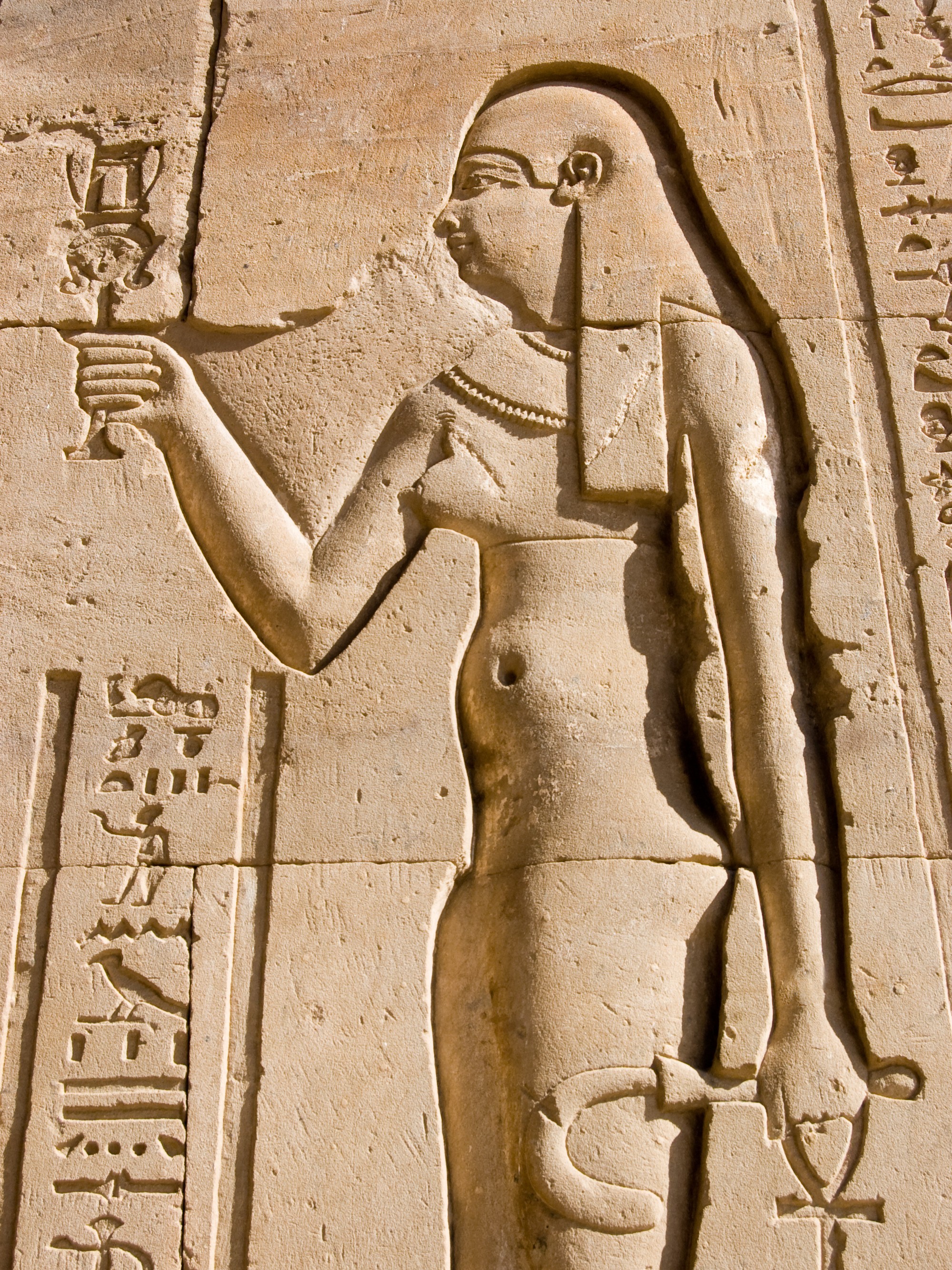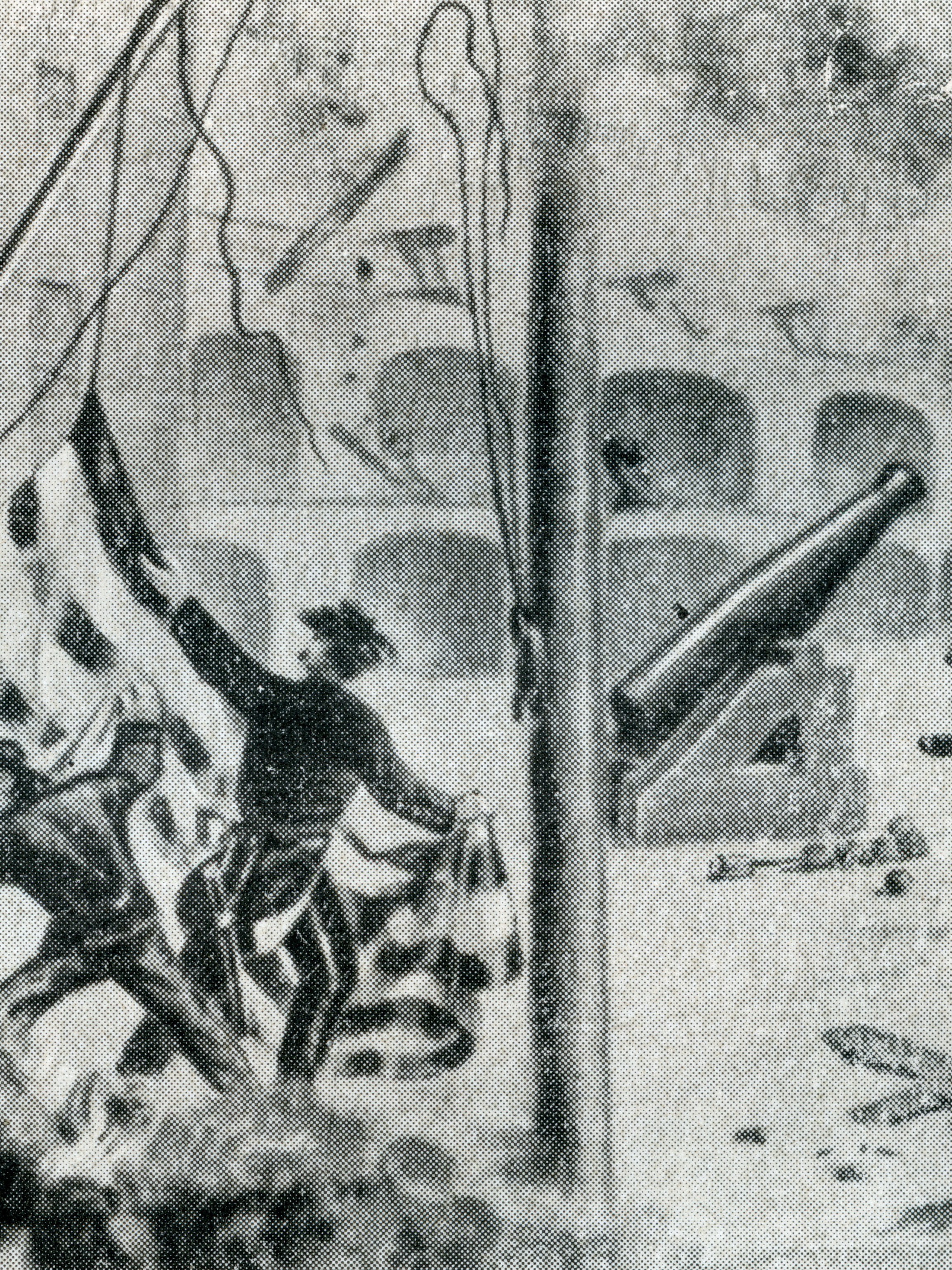
Registration is now closed. Classes are FREE for those aged 60 and above if registered by February 11, 2026. We can't wait to learn with you this semester!
All course work will be offered in-person and online.
In person classes will be held from 1:00 – 3:00 p.m. at the Wichita State University Metropolitan Complex located at 5015 E. 29th St. North.
Online classes will be available. Students who select this option will receive a link via email each week to view the class on their own device. Students can watch the the recording at their convenience.
The schedule of courses can be found below. Live in-person classes will meet from 1:00 – 3:00 p.m. Students who enroll in the online option can access the classes online anytime.
 |
*IN PERSON CLASS FULL AS OF 1/9* A History of Cemeteries in KansasHIST 150CM | CRN 24563 |
 |
*IN PERSON CLASS FULL AS OF 1/9* The History and Culture of Volga GermansHIST 150CP | CRN 24595 |
 |
*IN PERSON CLASS FULL AS OF 1/26* Uncovering the Geology of Earth’s Natural ResourcesGEOL 150U | CRN 24561 |
 |
*IN PERSON CLASS FULL AS OF 1/8* Cleopatra: A Life and a LegendHIST 150CK | CRN 24502 |
 |
*IN PERSON CLASS FULL AS OF 1/21* Where Did that Come From? A Look at Source Material for BroadwayTHEA 150J | CRN 24596 |
 |
*IN PERSON CLASS FULL AS OF 1/8* The Battle Cry of Freedom: The Story of the American Civil WarHIST 150CN | CRN 24594 |
There are four ways to register.
In person classes will be held at the Wichita State University Metropolitan Complex located at 5015 E. 29th St. North, Wichita, KS 67220.
Students who are younger than 60 years of age can enroll in these courses, but will pay regular tuition and fees. If you're younger than 60 and have NOT previously been admitted to WSU, you can apply here. If you've already been admitted as a student at WSU, you can register for these classes through the myWSU portal. You will need the CRN number for the courses in which you would like to register. The CRN number and additional details for each course can be found in the course brochure. Once you are registered, all you need to do is show up at the first day of class and present a Medicare card or driver's license to validate age. In addition, you will be required to pay all fees (via check or cash only) at your first class (if applicable).
Students who choose the online class will receive a link each week by email. Click the link view the class on your own device at your convenience. You can choose to watch the class at the scheduled live time or you can watch the recording at a later date or time that is more convenient for you.
We do not typically repeat classes semester to semester. Each fall and spring brings new options for our learners. Several of our instructors teach classes each semester, so if you like a particular instructor, make sure to check back in because they might be teaching another class the next semester.
All Lifelong learning courses are lecture-based. Topics include arts, art history, history, science, literature, political science, philosophy, music and many more!
Please be aware that you will be receiving a 1098-T tax form from WSU. Even though you are auditing the classes and some of the fees could be scholarshipped by the University, we are required by the IRS (Internal Revenue Service) to provide you with a 1098-T form. For more information regarding the 1098-T, please visit www.wichita.edu/1098t.
The information on this page applies only to the courses offered at the designated locations. For information on senior citizen audits of credit courses located on the main campus or satellite locations, please visit their registration page.
lifelonglearning@wichita.edu | 316-978-3258
1845 Fairmount Street, Box 136, Wichita, KS 67260-0136